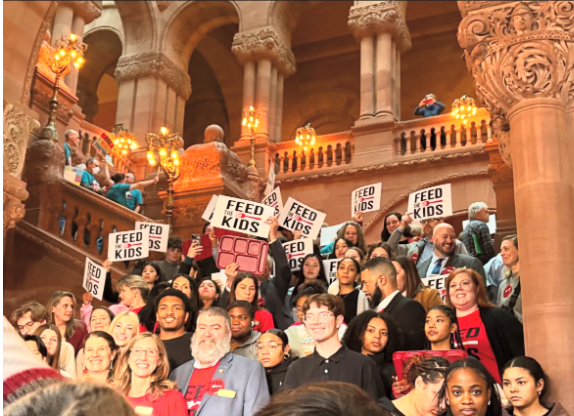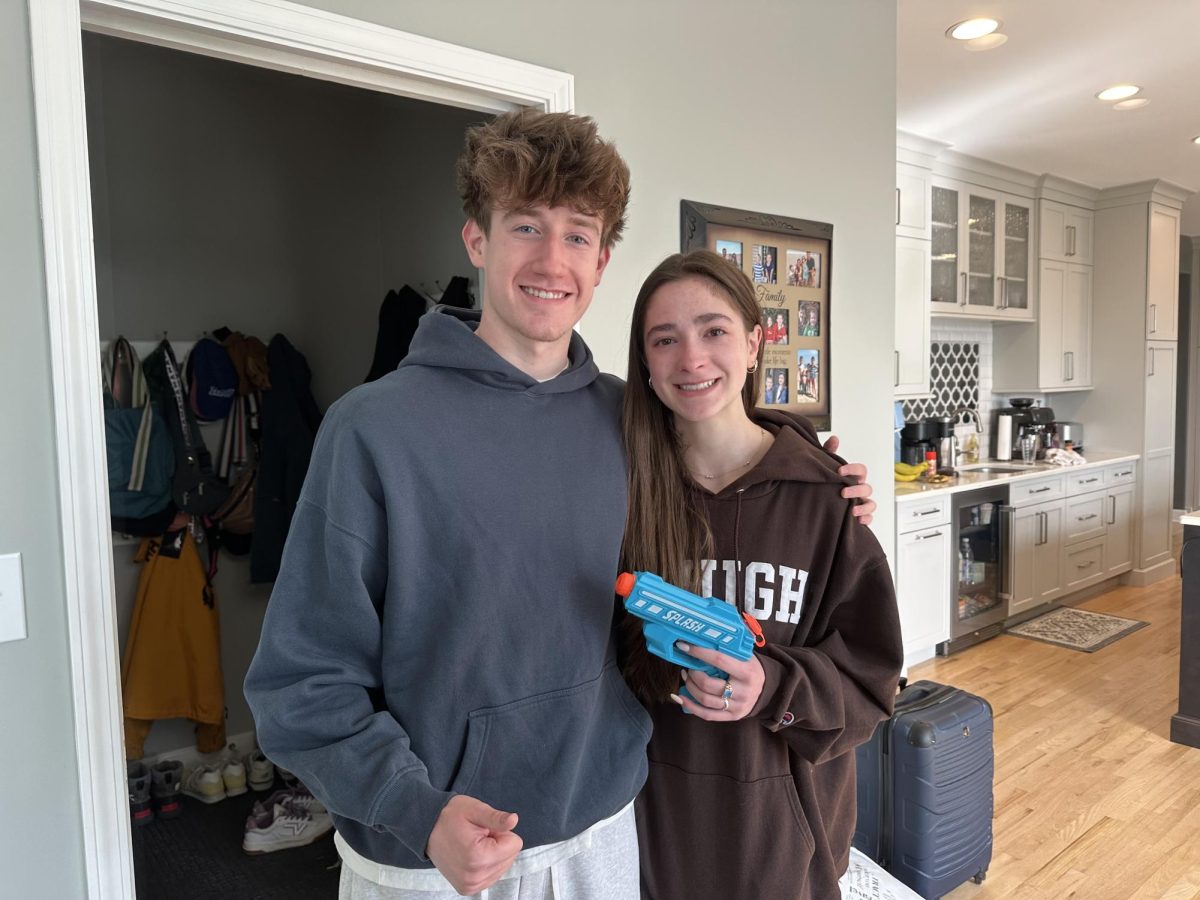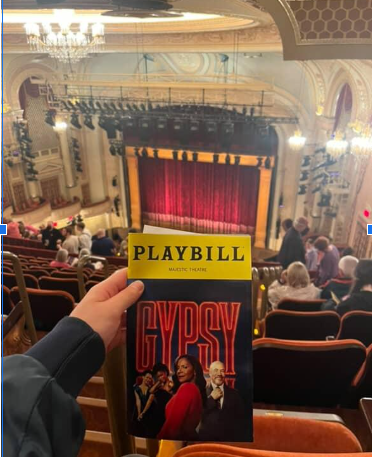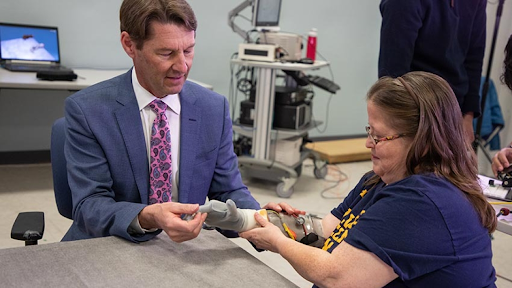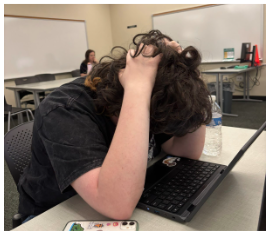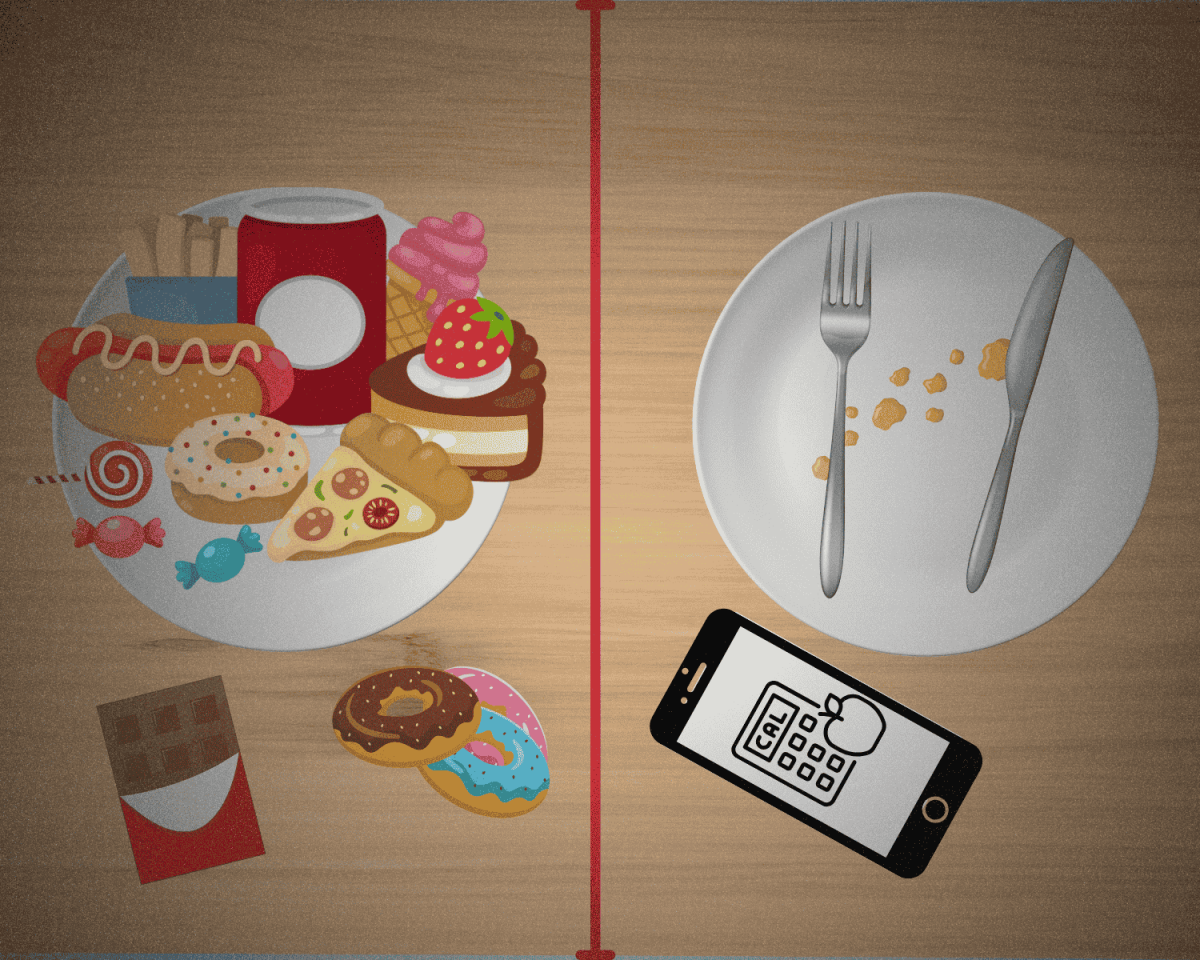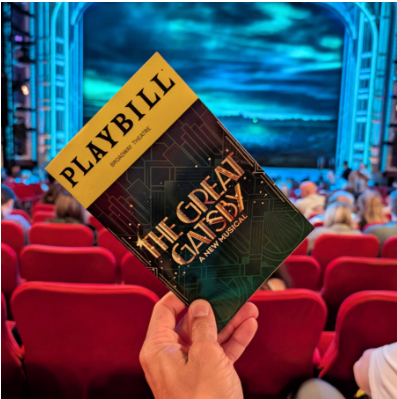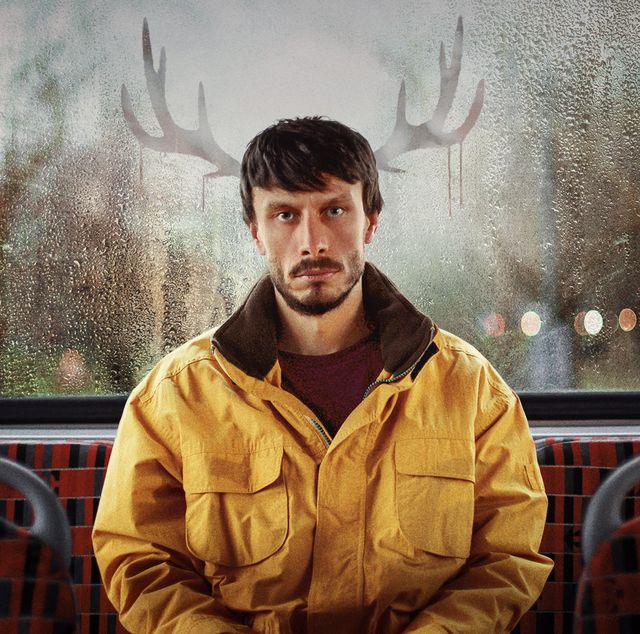A cup of tea. One of the most triggering phrases you could say to the writer and creator of the new Netflix miniseries, “Baby Reindeer,” Richard Gadd. Based on Gadd’s own true experience, the series follows the story of “Donny,” a struggling comedian and current bartender dealing with the unthinkable, a female stalker.
The story begins with a lonely woman distraughtly sitting at the bar in which Donny happens to work. Immediately noticing her emotional state, Donny feels an overwhelming sense of pity for her, and offers her a free cup of tea. This action sets off a chaotic chain of events that results in the woman, Martha, becoming increasingly obsessed with Donny, and interfering with every aspect of his life, including his attempts to make it in the comedic world.
The miniseries, spanning seven episodes, explores Donny’s comically desperate attempts to rid himself of Martha, and his efforts to find a meaningful romantic relationship in the process.
However, the show itself dives into a deeper struggle that both Gadd and Donny have experienced, sexual abuse. When speaking about his real-life experiences, Gadd told The Guardian, “‘It’s very emotionally true, obviously: I was severely stalked and severely abused. But we wanted it to exist in the sphere of art…’”
And artful it was. The show not only does a beautiful job at portraying the reality of living and combating trauma, but also facing it, one that both Donny and Gadd had to do within the boundaries of the show.
Although critics might argue that the show uses a cliche “shock-value” approach to exposing a character and his vulnerabilities, “Baby Reindeer” in fact does the opposite, it portrays a realistic depiction of the cycle of abuse, and how in many ways, the victim can become the perpetrator.
In the ending of the last episode, Martha reveals the origin of her nickname for Donny, “Baby Reindeer”; during her childhood, she owned a stuffed reindeer, which was her only sense of comfort while dealing with neglect from her parents. This crushes Donny, whose guilt over his treatment of Martha washes over him.
This ending, arguably one of the best endings seen on a Netflix series, perfectly sums up Gadd’s message to the viewer, that abuse can make people act in ways that – to an outsider observer – makes zero sense. Martha’s actions are viewed as insane to an everyday onlooker, but to Donny, understanding the abuse both he and her faced, sympathizes and understands why she acts the way she does. This further explains his lack of action to stop the stalking, even as Martha becomes more threatening.
In a way, Donny and Martha mirror each other. They reflect their hidden pain and suffering on to each other, and ironically at the end of the series, Donny finds himself in the same position as her, (sitting alone in a bar, distraught).
Gadd never uses his personal experiences as clickbait, but instead, uses it to show the hidden reality that is easily misunderstood when it comes to abuse.
“We all knew that we were pushing towards something that was important. I hope the show has a certain degree of greater good, and that it was worth a certain degree of self-sacrifice,” Gadd said to the Guardian.

